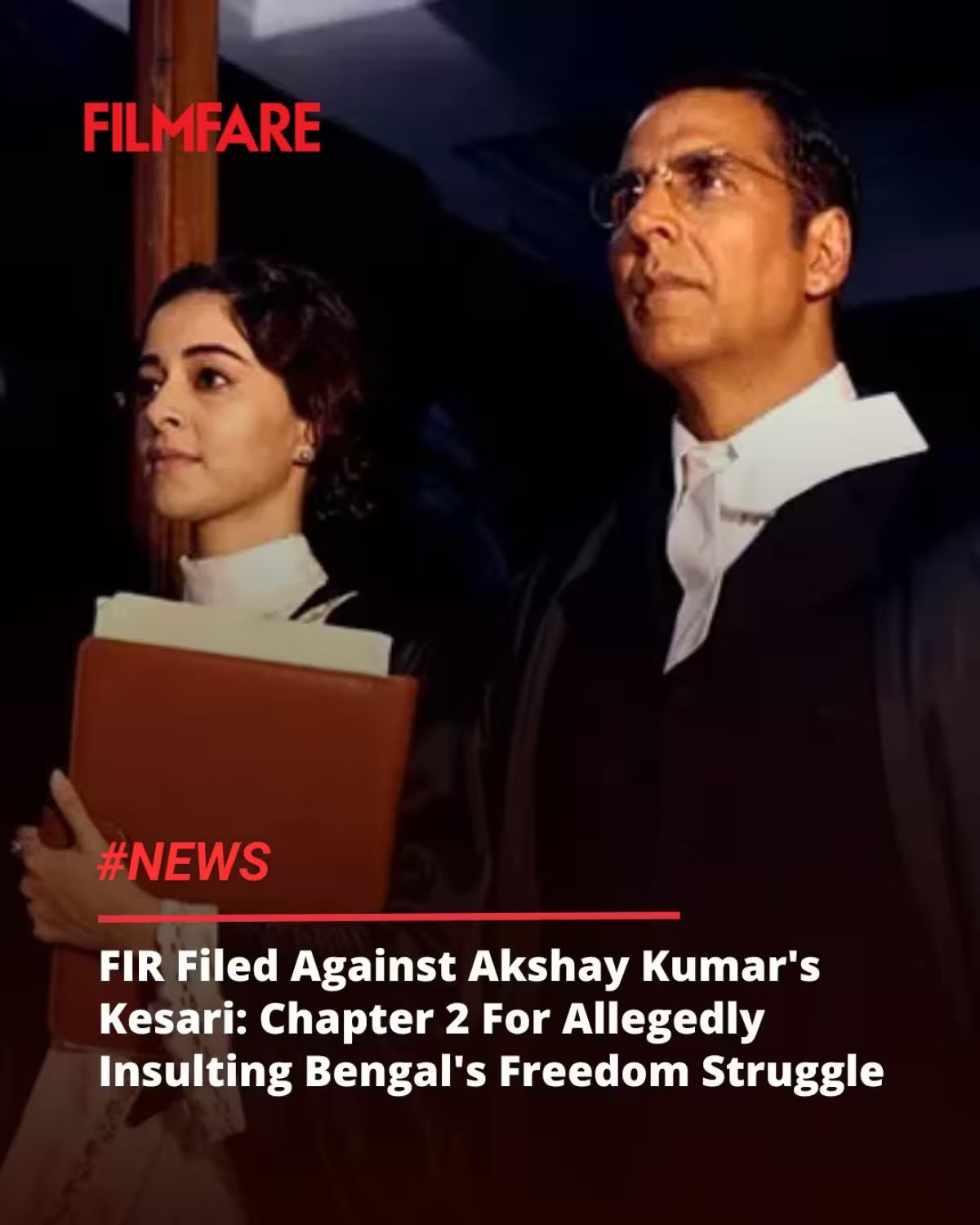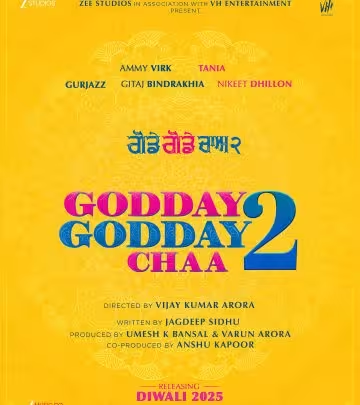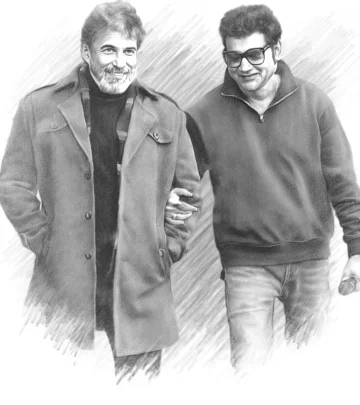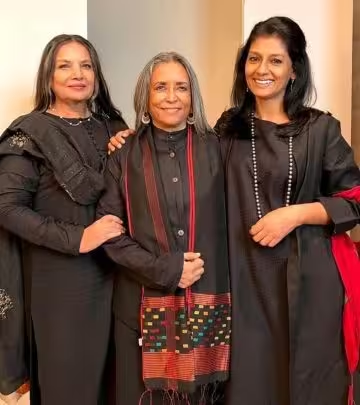Producers Face FIR For Historical Distortion
Seven KesariChapter2 makers face probe for skewing West Bengal's historic role in film now

Image: Instagram
An FIR has been registered at the Bidhannagar South police station against seven producers of the film KesariChapter2, triggering a controversy that has captured both legal and public attention. The complaint, filed under multiple sections of the Bhartiya Nyaya Sanhita (BNS), alleges that the makers have distorted historical facts and insulted the legacy of Bengali revolutionaries by misrepresenting West Bengal’s crucial contribution to India’s freedom struggle.
The ruling government of Bengal has taken a strong stand against what it deems an affront to historical integrity. The complaint specifically targets the portrayal of events that celebrate the sacrifices and valor of those who fought for the nation’s independence. With high-profile names such as Akshay Kumar, Ananya Panday, and RMadhvan associated with the film, the FIR has sent ripples throughout the film industry, raising important questions about artistic license versus historical responsibility.
Fir Registered At Bidhannagar South
Police officials at the Bidhannagar South station confirmed that the FIR was filed after local authorities received a formal complaint accusing the producers of deliberately skewing the historical narrative. Now under investigation, the case is being scrutinized for potential breaches of the Bhartiya Nyaya Sanhita, highlighting serious concerns over whether creative freedom can justify altering facts that are deeply embedded in the nation’s collective memory.
In statements released by the authorities, local government representatives emphasized that West Bengal’s role in the freedom struggle is not just a matter of regional pride, but a cornerstone of India’s national history. The allegations suggest that the film’s narrative may have undermined this legacy by presenting a version of events that deviates from established historical accounts. This has led to accusations that the film, rather than celebrating heroic deeds, risks trivializing the sacrifices made by countless revolutionaries.
Producers Under Fire
The seven producers named in the FIR are now facing a multifaceted probe. Industry experts and legal analysts point out that while filmmakers are often granted leeway to reinterpret historical events, this freedom is not without limits. In cases where cinematic reinterpretation distorts revered facts, legal interventions seem inevitable. The film industry now finds itself at the crossroads of defending creative expression and upholding historical truth.
Within cinematic circles, the debate is vigorous. Movie critics and historians alike have taken to social media to discuss the implications of such legal actions. Prominent voices from veteran publications, including coverage by Filmfare, have weighed in on the controversy. They argue that while dramatization can serve as a bridge to connect modern audiences with historical events, it must not come at the cost of misrepresenting the significance of real-life sacrifices made during India’s struggle for independence.
Historical Legacy And Contemporary Filmmaking
This case is not an isolated incident but part of a broader dialogue about the portrayal of historical events in Indian cinema. Filmmakers often face the challenge of balancing narrative creativity with a faithful recasting of history. With KesariChapter2 currently under legal scrutiny, the controversy has sparked discussions about where the line should be drawn.
Supporters of the film’s creative approach argue that innovative storytelling can breathe new life into historical narratives, potentially igniting greater public interest and debate. They maintain that cinematic reinterpretation, even when it takes creative liberties, can serve as a catalyst for discussions on national identity and historical memory. However, critics contend that some events—especially those as significant as India’s freedom struggle—must remain untouched by embellishment or alteration.
Industry Reaction And Public Discourse
Social media has become a bustling forum for opinions on the matter. Many users are divided: some praise the producers for attempting a fresh perspective on history, while others denounce the move as an irresponsible distortion of sacred heritage. Influential cultural commentators have noted that this legal action could set a precedent, prompting filmmakers to exercise greater caution in handling historical subjects.
The intense scrutiny has fueled debates on platforms ranging from Twitter to long-form articles in established film journals. With Filmfare’s longstanding reputation for incisive commentary on the intersections between cinema and culture, its coverage of the controversy has only deepened public interest. The incident is seen as a litmus test for the industry’s boundaries when it comes to merging creative storytelling with real historical events.
As the investigation into the KesariChapter2 controversy continues, stakeholders from various quarters—government officials, intellectuals, and industry veterans—are watching closely. The outcome of this probe may well influence the future of historical filmmaking in India, where the responsibilities of honoring the past are weighed against the imperatives of artistic innovation.
The unfolding legal proceedings underscore the delicate balance between creative expression and historical accountability. For the filmmakers involved, the case serves as a stark reminder that the portrayal of history in mainstream cinema is subject to rigorous public and legal scrutiny. The controversy also provides a moment of introspection for the industry at large, urging future creators to tread carefully when their narratives intersect with poignant historical realities.
The KesariChapter2 FIR case, with its mix of legal inquiry and cultural debate, adds a complex layer to the discourse on how historical narratives should be treated in the creative realm. As the investigation progresses, the film industry may witness a shift towards a more cautious approach in handling India’s rich and sensitive historical legacy.
Read full bio of Glendon Moss
























